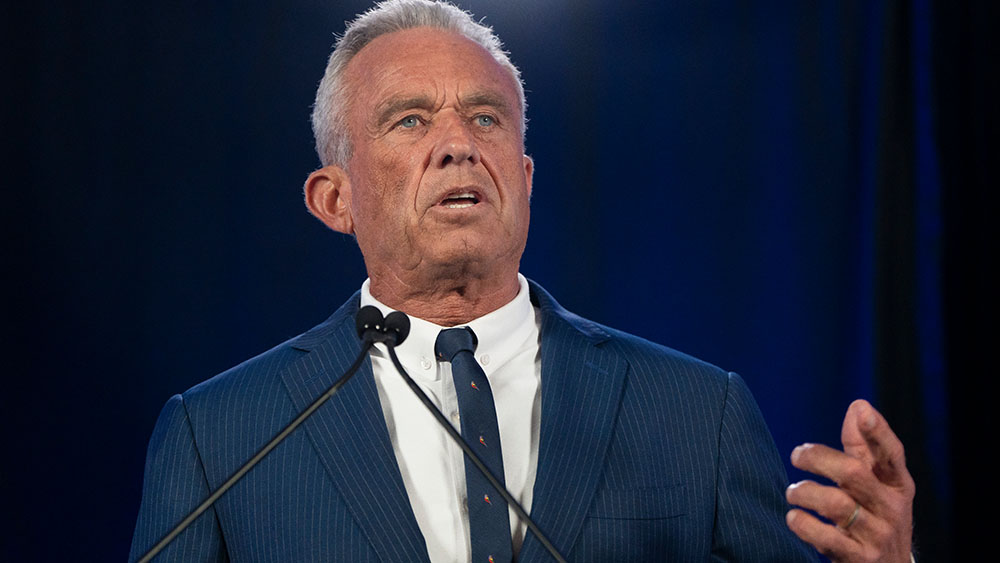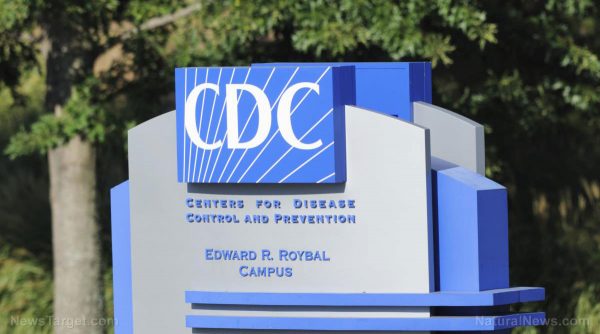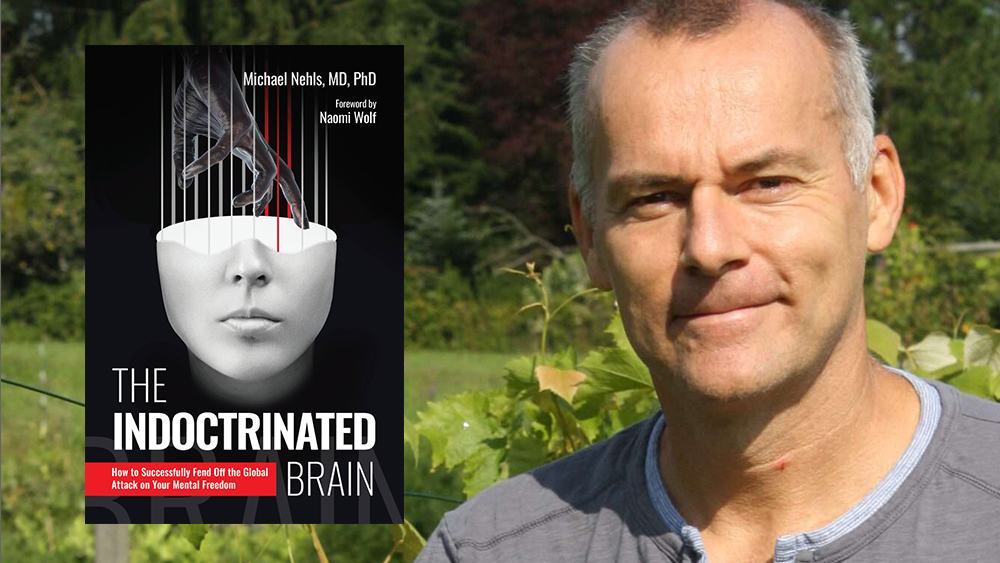 Parler
Parler Gab
Gab
- Health Secretary Robert F. Kennedy Jr. announced plans to cut off federal scientists from major medical journals like The Lancet, citing corruption and corporate influence.
- Kennedy’s Make America Healthy Again (MAHA) initiative highlights vaccine safety concerns and links to autism, inspired by advocates like Tracy Kellner, a mother of an autistic son with alleged vaccine injuries.
- The Autism Health Summit in San Diego (April 11-13) prioritizes holistic healing, CME credits, and transparency over corporate-driven health policies.
- Critics argue RFK Jr.’s purge of staff and journal bans risk politicizing science, yet he calls for NIH-funded peer-reviewed alternatives to address systemic bias and replication crises.
- Historical ties between drug companies and medical institutions, exposed in Marcia Angell’s 2009 critiques, validate push for independent research.
The autism summit and a mother’s crusade
Tracy Kellner’s Autism Health Summit in San Diego (April 11-13) epitomizes the grassroots push for accountability in medicine. The event, catering to parents, doctors, and advocates, emphasizes holistic healing over traditional treatments, offering Continuing Medical Education credits to legitimize alternative approaches. Kellner, whose son Noah was diagnosed with autism at three-and-a-half, links his regression to an alleged vaccine-induced measles infection after an MMR shot at age one. Her story has galvanized thousands into questioning vaccine protocols and corporate-driven health policies. “This isn’t just about autism — it’s about longevity,” Kellner said, underscoring how addressing underlying conditions like gut health can improve overall physiological resilience. Her advocacy and RFK Jr.’s reforms reflect a shared belief that systemic transparency is key to preventing health crises.RFK Jr.’s journal reforms: Science vs. corporate capture?
Kennedy’s May 27 podcast remarks on scrapping federal funding for medical journals accused of corporate bias reverberated widely. “The Lancet, the New England Journal of Medicine, JAMA — they’re all corrupt,” he claimed, citing permission denied to access raw data and industry-funded research skew. He outlined plans to restructure NIH funding to mandate 20% of resources toward replicating studies and creating in-house journals prioritizing peer review authenticity. Critics, such as Dr. Adam Gaffney (Harvard Medical School), argue this “delegitimizes taxpayer-funded research,” while supporters see it as overdue accountability. Kennedy’s stance mirrors warnings from former NEJM editor Marcia Angell, whose 2009 expose detailed pharma’s stranglehold on publishing. Angell noted 80% of clinical trials directly tied to industry interests, with bias filtering into recommended treatments.A longstanding conflict
The medical publishing crisis Kennedy addresses isn’t new. A 2015 Lancet symposium on reproducibility in research revealed that as much as half of published science might be false — a problem the Maha Commission now traces to “corporate capture.” The commission’s May 2025 report cited FDA and CDC failures to investigate autism-vaccine links, accusing pharmaceutical giants of stifling dissent. Kellner’s AI-driven research tool, uniquely acknowledging vaccine-autism connections (often dismissed by traditional models), exemplifies the need for unbiased analysis. “Our goal is to democratize truth,” she said, stressing that transparency can end cycles of “disinformation” by institutions like The Lancet, which once published (and then retracted) a controversial autism-vaccine study in 1998.The backlash and broader implications
Kennedy’s reforms face fierce opposition. NIH funding cuts ($3 billion) and staff purges have already spurred American scientists to seek opportunities abroad, per reports. Meanwhile, the pharmaceutical industry maintains that collaborations with researchers and journals ensure patient access to breakthrough therapies. Yet Kellner and antibodies say progress is slow but steady. Noah’s independence today — driving, working, and traveling solo — reinforces her belief that holistic approaches can defy diagnoses. RFK Jr. similarly frames his journal reforms within a generational fix: “We can’t trust systems built to benefit Big Pharma over families.”Toward a new medical ethos
As Kennedy and advocates like Kellner champion systemic change, their efforts risk polarizing the scientific community. But their core demand — untethering research from corporate interests — resonates amid public fatigue with crises like vaccine mandates, autism stigma, and opioid overprescription. Whether government-run journals achieve credibility or falter remains uncertain, but one truth is clear: questioning the status quo has never been more urgent. Sources for this article include: TheEpochTimes.com TheLancet.com NYBooks.com TheGuardian.comVaccine shill out: Top member of CDC immunization committee RESIGNS
By Ramon Tomey // Share
American Airlines introduces touchless ID for faster airport security
By Laura Harris // Share
Texas leaps ahead with landmark food labeling bill: A battle for health or industry overreach?
By Willow Tohi // Share
Ozempic’s hidden dangers: Muscle loss, mental health warnings and the rebound effect
By Willow Tohi // Share
Genocidal siege: Gaza’s collapsing health care amid deadly aid violence elicits global outcry
By Willow Tohi // Share
Governments continue to obscure COVID-19 vaccine data amid rising concerns over excess deaths
By patricklewis // Share
Tech giant Microsoft backs EXTINCTION with its support of carbon capture programs
By ramontomeydw // Share
Germany to resume arms exports to Israel despite repeated ceasefire violations
By isabelle // Share










